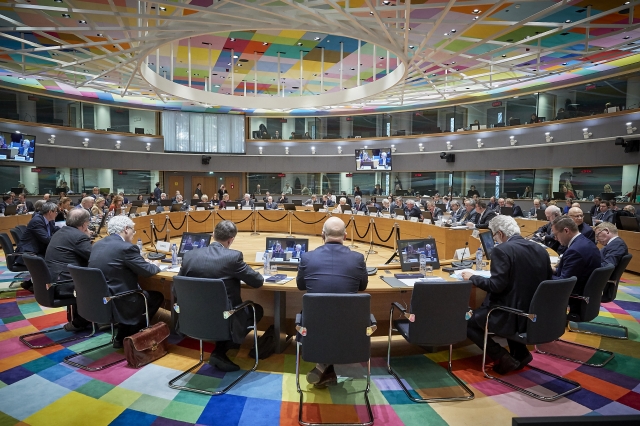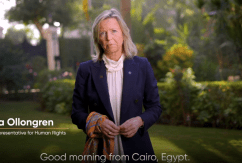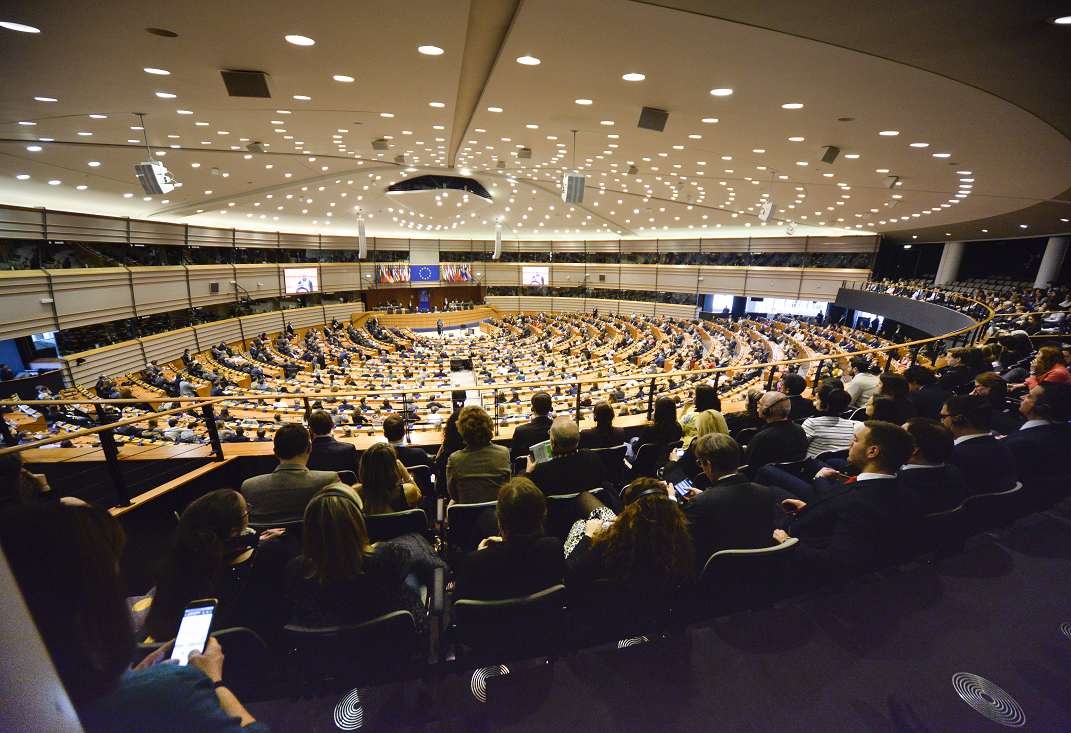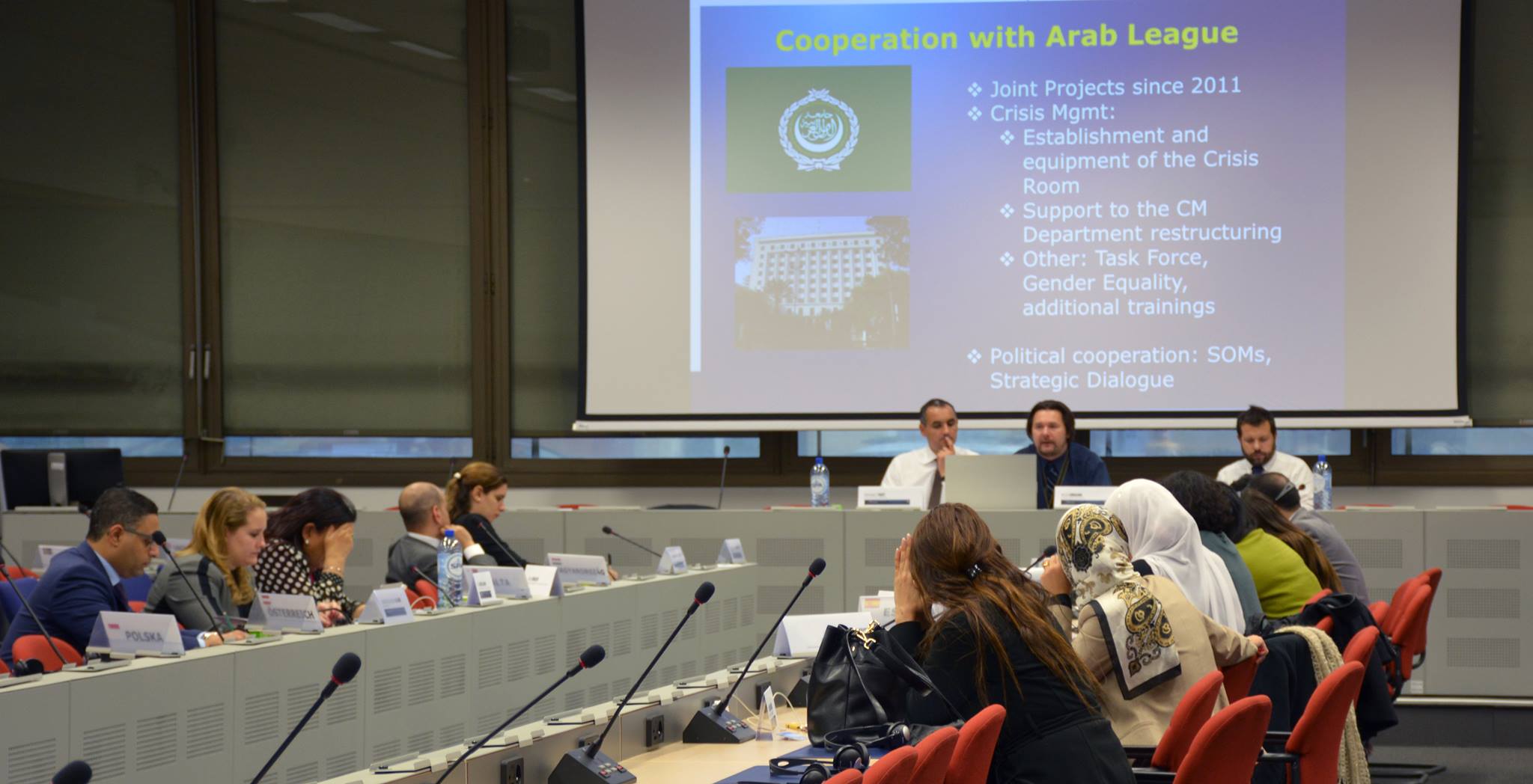Syria: EU adds two new ministers to sanctions list

The European Union yesterday added Syria’s Minister of Industry and the Minister of Information to the list of those targeted by EU restrictive measures against the Syrian regime in view of the gravity of the situation in the country. These additions were made to take into account recent ministerial changes, as both ministers were appointed in January 2018.
The decision brings to 257 persons the total number of persons targeted by a travel ban and an assets freeze for being responsible for the violent repression against the civilian population in Syria, benefiting from or supporting the regime, and/or being associated with such persons.
In addition, 67 entities are targeted by an assets freeze. More broadly, sanctions currently in place against Syria include an oil embargo, restrictions on certain investments, a freeze of the assets of the Syrian central bank held in the EU, export restrictions on equipment and technology that might be used for internal repression as well as on equipment and technology for the monitoring or interception of internet or telephone communications. These measures were last extended on 29 May 2017 and are in place until 1 June 2018.
The EU remains committed to finding a lasting political solution to the conflict in Syria under the existing UN-agreed framework. As stated in the EU strategy on Syria adopted in April 2017, the EU believes that there can be no military solution to the conflict and strongly supports the work of the UN Special Envoy and the intra-Syrian talks in Geneva.
Read more
Syria: Council response to the crisis
Factsheet: The EU and the crisis in Syria





























 Syria
Syria 




